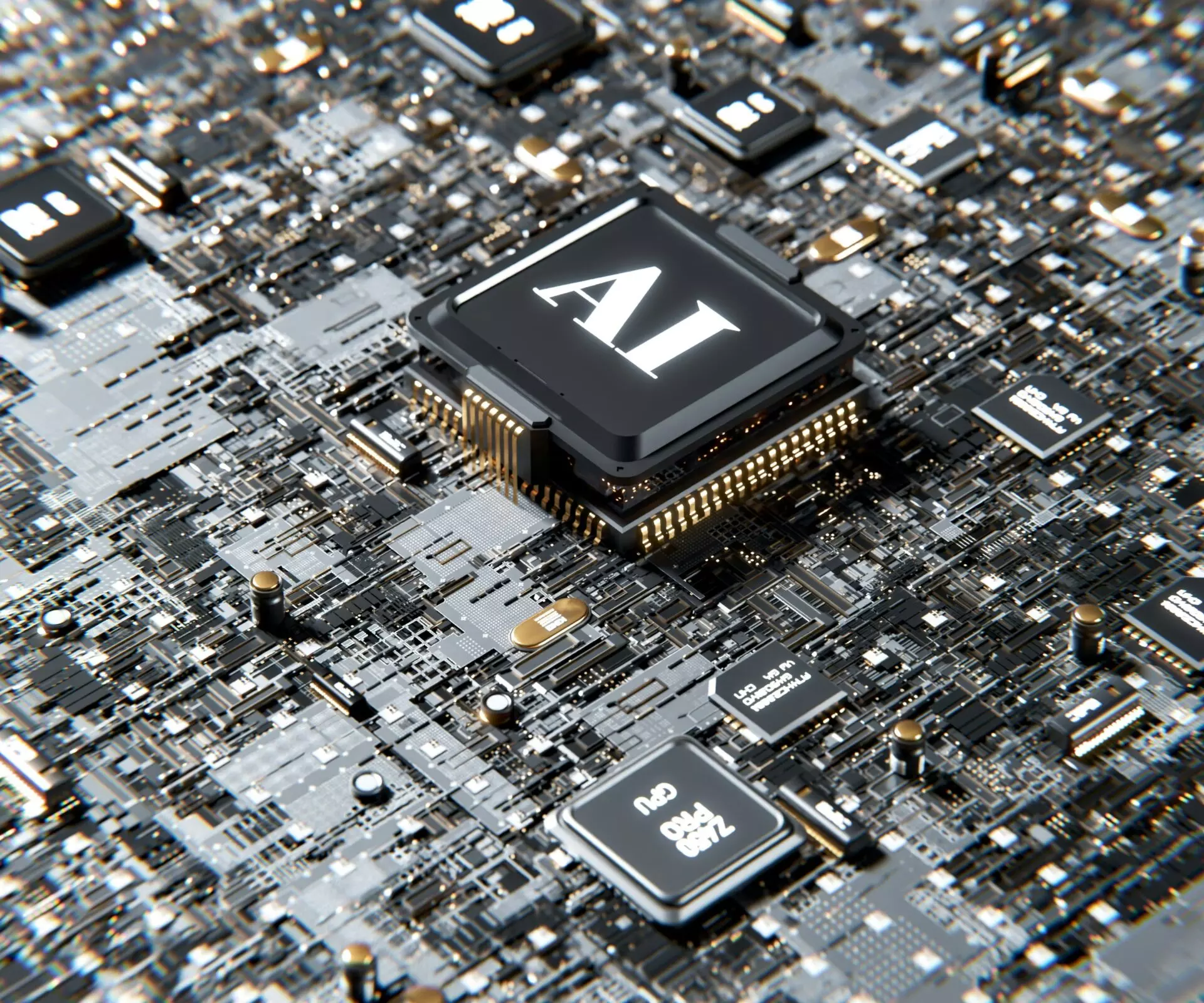
How AI Is Revolutionizing Traditional Manufacturing
The manufacturing industry is undergoing a fundamental transformation as artificial intelligence reshapes traditional production processes. From predictive maintenance to quality control, AI is enabling manufacturers to achieve unprecedented levels of efficiency and precision.
The Current State of AI in Manufacturing
Manufacturing companies worldwide are investing heavily in AI technologies to remain competitive. According to recent industry reports, over 70% of manufacturers plan to implement AI solutions within the next two years, with quality control and predictive maintenance being the top priorities.
Key Applications of AI in Manufacturing
1. Predictive Maintenance
AI-powered sensors continuously monitor equipment performance, predicting failures before they occur. This approach can reduce maintenance costs by up to 30% and increase equipment uptime by 25%.
2. Quality Control Automation
Computer vision systems powered by AI can detect defects with 99.9% accuracy, far exceeding human capabilities. These systems work 24/7 without fatigue, ensuring consistent quality standards.
3. Supply Chain Optimization
AI algorithms analyze vast amounts of data to optimize inventory levels, predict demand fluctuations, and identify potential supply chain disruptions before they impact production.
Real-World Success Stories
Companies like General Electric, Siemens, and BMW have already seen remarkable results from their AI implementations:
- 40% reduction in unplanned downtime
- 25% improvement in overall equipment effectiveness
- 15% increase in production throughput
- 30% reduction in quality-related costs
Implementing AI in Your Manufacturing Operations
Starting your AI journey doesn't require a complete overhaul of existing systems. Here's a practical approach:
- Identify High-Impact Areas: Begin with processes that have the highest potential for improvement
- Start Small: Pilot projects allow you to test and refine AI solutions before full-scale implementation
- Data Preparation: Ensure your data is clean, accessible, and properly structured
- Team Training: Invest in training your workforce to work alongside AI systems
- Gradual Scaling: Expand successful pilots to other areas of your operation
The Future of AI in Manufacturing
As AI technology continues to evolve, we can expect even more sophisticated applications. Autonomous factories, self-optimizing production lines, and AI-driven innovation in product design are just the beginning of what's possible.
The question isn't whether AI will transform manufacturing—it's how quickly your organization can adapt to remain competitive in this new landscape.
Senior AI Engineer
David Mitchell is a leading expert in digital transformation and AI implementation, with over 10 years of experience helping traditional businesses modernize their operations.
Related Articles

Learn the key indicators that signal it's time to modernize your business operations and embrace digital solutions.
Read More →
A comprehensive guide to choosing between custom development and existing solutions for your business needs.
Read More →Ready to Transform Your Business?
Let's discuss how these insights can be applied to your specific business challenges.